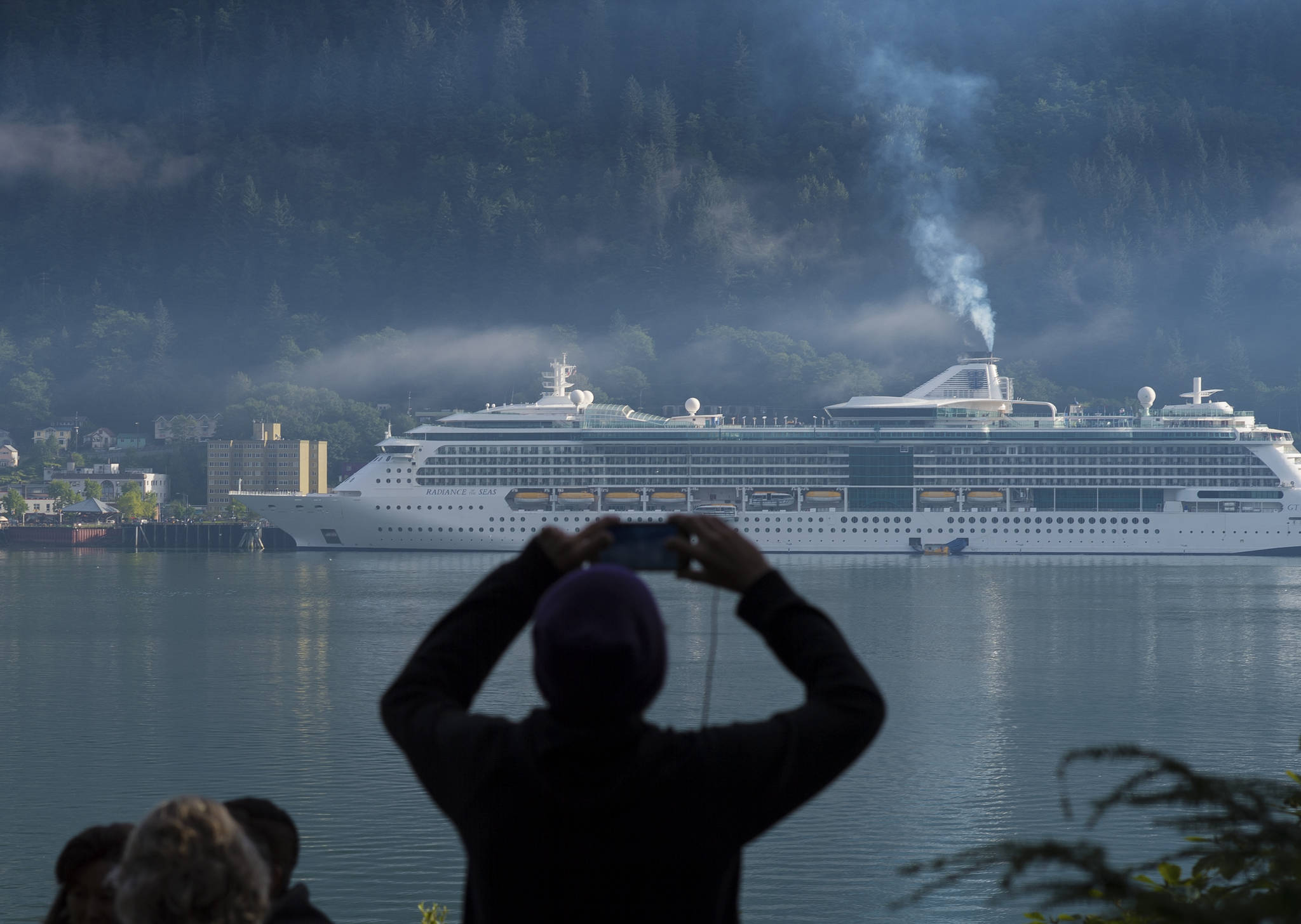We are privileged to live in a beautiful area drawing travelers from across the globe, a destination that astounds our guests with its scenery and experiences. McDowell Group found in 2016 that 12% of our independent visitors arriving by air first visited Juneau on a cruise, and some visitors decide to make it their home, offsetting a portion of the out-migration Juneau has experienced.
Recently, My Turn columns have focused on the cruise industry that brings these future visitors and residents to our town, and while the columns provide part of a healthy discussion around real local concerns, they contain a few inaccuracies.
One piece noted that our civic and business leaders stated that the city should not “consider even modest controls on tourism,” suggesting the cruise lines are bullying the city into getting their way. Perhaps more accurate is that cruise lines won’t call in ports where they aren’t welcome or where their guests feel unwelcome. Also, the statement that those in the industry serve as “cruise line lobbyists” overlooks the significant investments that hundreds of local entrepreneurs have made to create the kinds of experiences that both residents and visitors enjoy, such as the Goldbelt Mount Roberts Tramway and whale watching excursions. We know residents appreciate these opportunities because almost daily, operators receive requests for passes and trips from many fundraising local youth and nonprofit organizations. Another statement suggests that downtown has “become off-limits during the season.” All year, I regularly walk and occasionally drive from my office to the downtown core — without feeling squeezed out or snarled in traffic. When I drive, I usually find a parking spot within a short walk of my destination.
However, the greatest inaccuracies regard taxation, suggesting that the city has not and does not receive any revenue on excursions, especially air operations, purchased aboard the ships. This is patently untrue.
Aircraft operations do pay a variety of taxes and fees that support Juneau airport operations, as well as a number of permitting and other fees to city, state and federal agencies. Additionally, operators pay city business personal property taxes and sales tax on merchandise sales, as well as real property taxes on physical storefronts and shops. The sales tax remitted during the season — nearly 18% of the total sales tax revenue — saves every Juneau household almost $1,000 per year.
Further, everyone in Juneau has benefited from the installation and purchase of shore power at the Franklin Dock. Since 2001, as a result of Princess Cruises’ purchase of shore power, over $8 million dollars has been passed on by AEL&P to all electric utility customers as credits on their electric bills.
I want to acknowledge, as two writers pointed out, not all visitors are respectful of property or space. To help alleviate that, Travel Juneau is implementing a visitor education campaign including a “Juneau Pledge,” similar to pledges of other destinations. Concepts in the pledge include respecting neighborhoods and residents, pack in/pack out, and safe, responsible behavior. The pledge appears in our 2020 guide and will be posted to our website. We are also creating website and social media content specific to this issue.
Juneau will not experience “unrestricted tourism.” As pointed out at Greater Juneau Chamber of Commerce and other community presentations, growth in the cruise industry is naturally self-limiting because of Juneau’s infrastructure. However, if because of other factors cruise visitation drops significantly, residents will need to decide which of their favorite amenities currently supported by healthy seasonal sales tax revenue (public safety, pools, libraries, city museum, trails, arboretum, for example) will be reduced or cut.
I encourage residents to send comments and ideas to the mayor’s Visitor Industry Task Force or participate at the two public comment meetings set for Jan. 11 and 16.
• Liz Perry is president and CEO of Travel Juneau.Columns, My Turns and Letters to the Editor represent the view of the author, not the view of the Juneau Empire.

